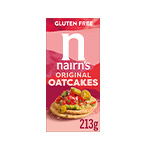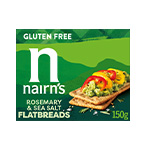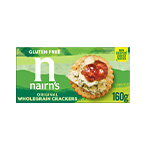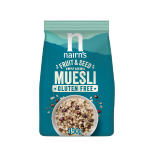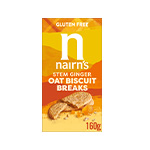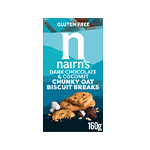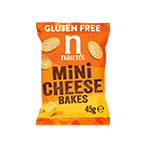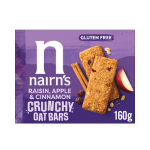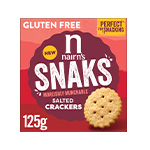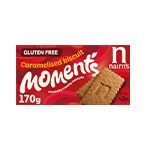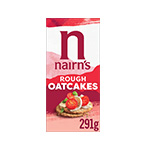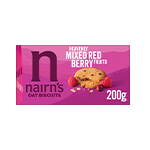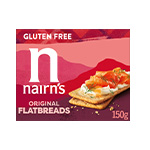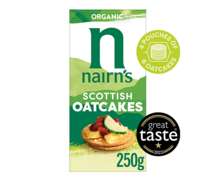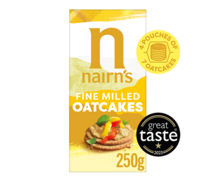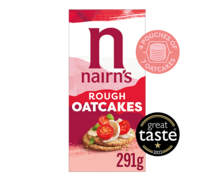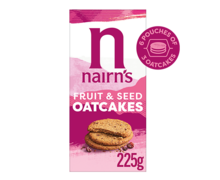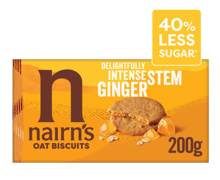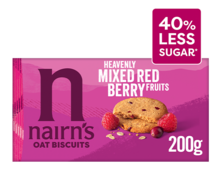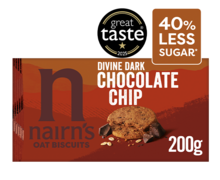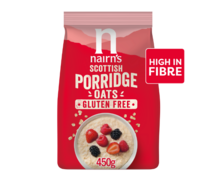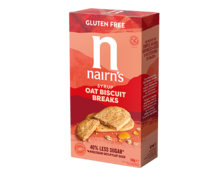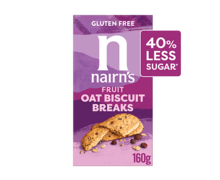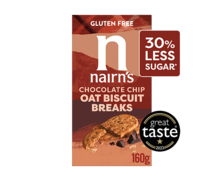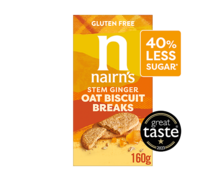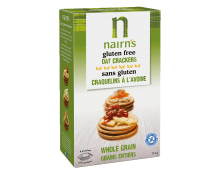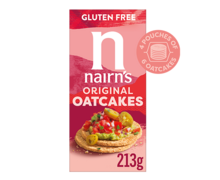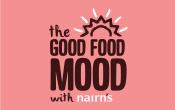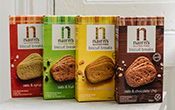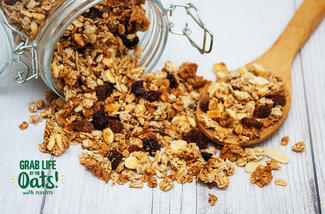
When you have energy, life feels much calmer. To-do lists are no problem, work is a breeze, and maintaining a positive outlook is easy.
But when you don’t feel energised, everything is more difficult. Going to the supermarket? What a chore. Finishing that report by 5pm? Forget it.
Lots of things affect our energy levels: how well we sleep, how stressed we are, and even how much we exercise.
But the key driver of our energy levels is the food we eat.
How to eat for energy
From making energy-supporting hormones to enabling muscle function, your body relies on a regular intake of macronutrients and micronutrients to keep your bodily processes ticking over. For women, this should add up to around 2,000 calories each day, while for men it’s 2,500 calories.
It’s not all about numbers, though—it’s just as important to pay attention to the type of food you’re eating. The secret is to choose meals and snacks that give you an even, sustained level of energy.
Here’s what you need to know:
FACT: Fibre-rich carbohydrates are a smart choice
As your body’s main source of energy, it’s recommended that carbohydrates make up 50% of your daily calories. But not all carbohydrates are created equal.
Refined carbohydrates (such as sugar and white bread) are digested rapidly. This raises your blood sugar and gives you an immediate burst of energy—but it’s short-lived. Soon after, you find yourself craving more.
Fibre-rich carbohydrates take longer to break down, which means the sugar is released into your bloodstream much more slowly. These types of carbs, which include fruits, vegetables, beans and wholegrains, are often referred to as ‘smart carbs’—simply because they’re a good choice!
Base your diet on smart carbs, and you’ll enjoy a stable appetite and steady energy throughout the day.
FACT: Protein balances your blood sugar
The average adult needs to eat around 50g of protein each day, which is the amount found in two small chicken breasts.
Protein creates sustained energy because your body has to work hard to break it down. It slows the digestion of the rest of the food in your meal or snack too, keeping your blood-sugar level even.
Get into the habit of including a little protein every time you eat. Keep it simple: enjoy some nuts with your apple, some hummus with your carrot sticks, or treat yourself to some smoked salmon with your Nairn’s Ancient Grain Oatcakes. You’ll find you’re satisfied for much longer.
FACT: Breakfast influences your appetite
What you eat for breakfast has a big impact on your appetite. In fact, a recent study found that eating protein at breakfast reduced people’s hunger and meant they ate less during the rest of the day.
Rather than reaching for the usual toast and jam, use what you’ve learnt in the two points above to create a breakfast that’s both protein-rich and high in fibre. The varieties are endless: one day you could pair porridge with seeds and berries, while another day you could enjoy scrambled eggs with oatcakes. Pushed for time? No problem—simply spread some nut butter and chopped banana onto Nairn’s Fine Milled Oatcakes.
With a stable appetite, you’ll find it much easier to concentrate as you tackle the morning’s tasks.
FACT: Your body prefers to be comfortably full
Whenever you eat, your body automatically slows down so it can prioritise digestion. The more you eat, the harder your digestive system has to work—which can leave you feeling lethargic.
They key is to eat enough so you’re satisfied, but not so much that your energy is zapped. The Japanese have an expression for this: ‘Hara hachi bu’. Loosely translated, this means ‘Eat until you are eight parts out of ten full’!
All this requires is paying attention to your body. Eat slowly, minimise other distractions and tune into your tummy, and you’ll soon find a comfortable level of ‘full’ for you.
FACT: Hydration impacts energy
When it comes to energy, it’s not solely about food. Water plays a role too!
At just a 1% loss of your body’s water volume, you begin to feel thirsty. Your mood and your brainpower can also take a hit.
To optimise your hydration—and your energy levels—make it easy to drink enough water. This simply means putting a jug of water on your desk or carrying a water bottle in your bag. To make it more appealing, you can infuse the water with fresh fruit or herbs: lemon is a good choice, and rosemary is refreshing too.
As you can see, eating for energy is easy! Simply check that each meal or snack includes a source of protein and a source of fibre. Eat until you’re satisfied rather than stuffed and make sure you drink enough water. If you can include lots of colourful, nutrient-rich fruits and vegetables, even better.
Eating this way can be game-changing. With optimised concentration and a sense of vitality, you’ll be amazed at what you can achieve in your day.
About the author
Fiona Lawson, BA (Hons) DipCNM mBANT AFMCP is a qualified Nutritional Therapist, combines rigorous nutritional science with Functional Medicine principles to help clients achieve their health goals. Read more about Fiona here.



